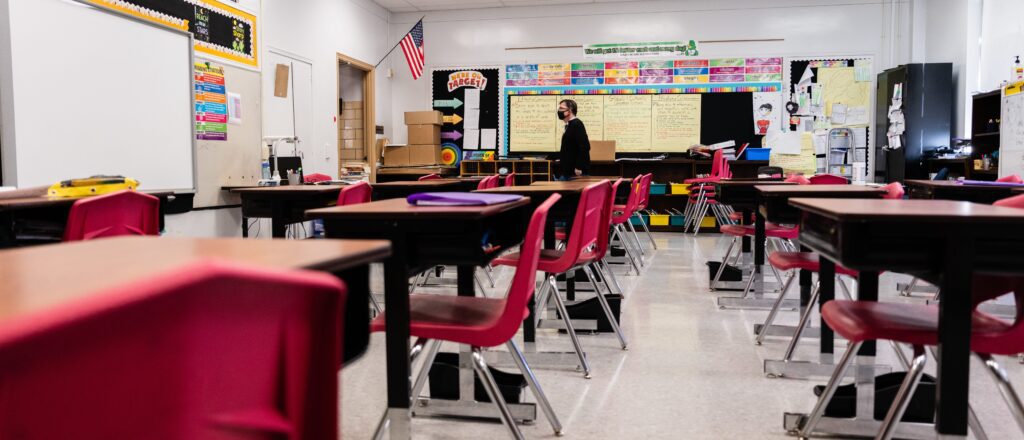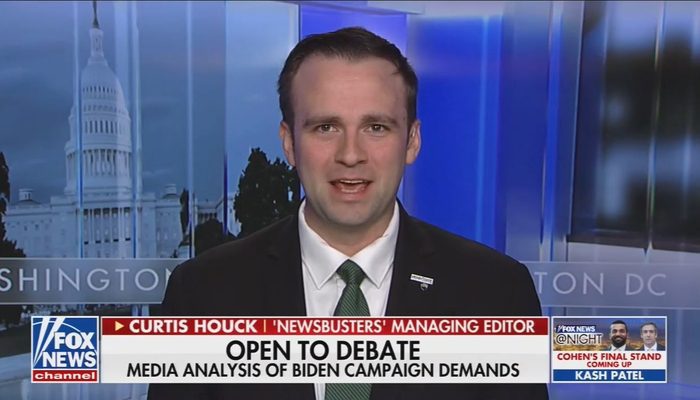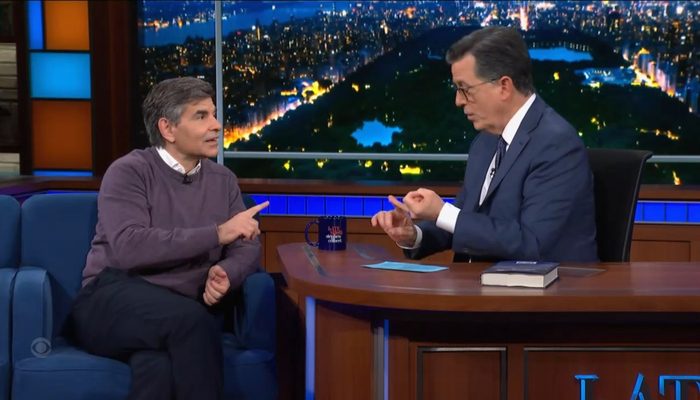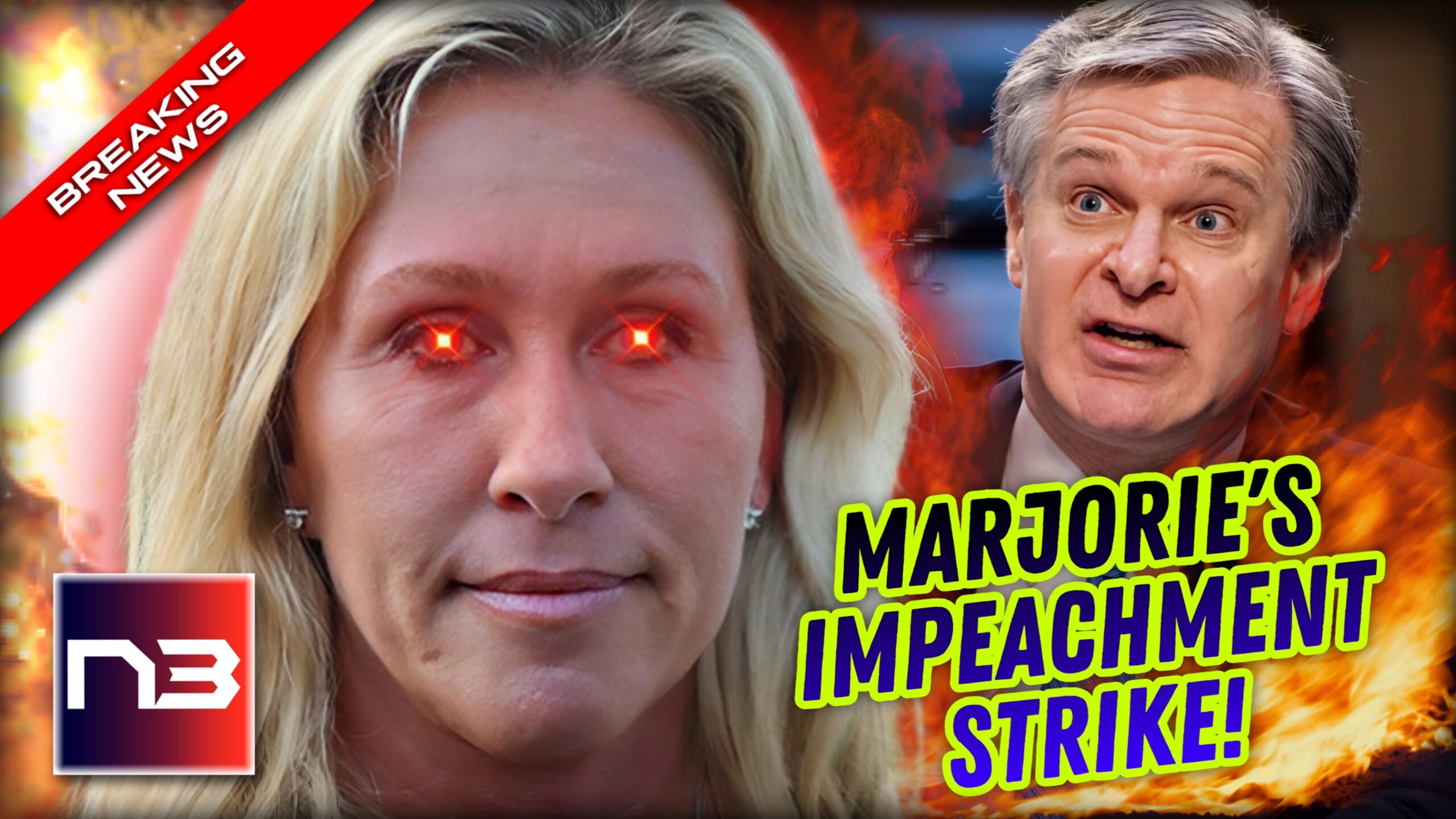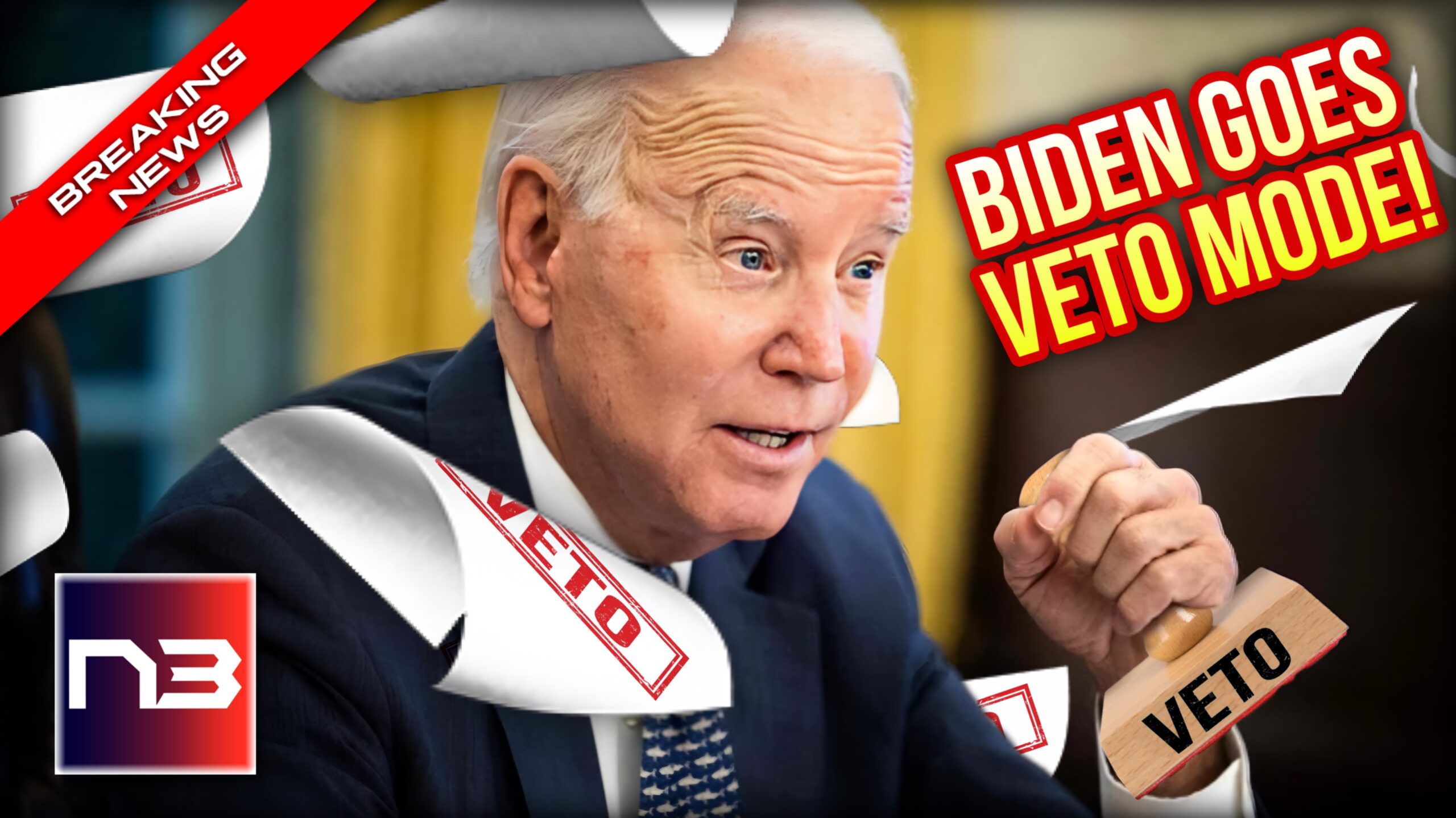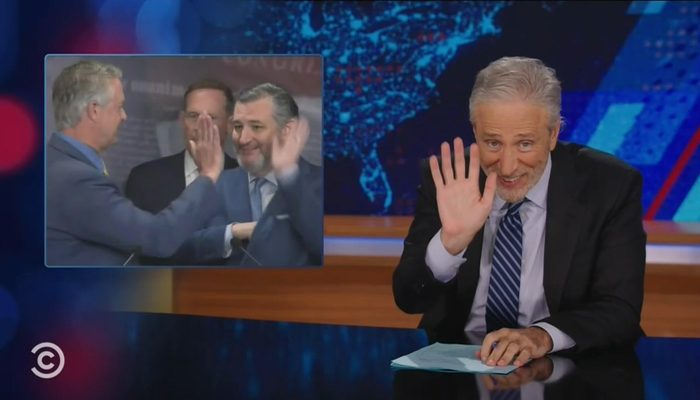The often polarized political landscape in America has found common ground following the publication of a fresh poll. Prominent public school choice initiatives for K-12 students have seen a marked spike in bipartisan support, both Democrats and Republicans recognize. This encouraging survey, released Wednesday by the Yes. Every Kid. Foundation (YEKF), offers a glimmer of hope amid recent government stalemates as the nation’s education system remains in the spotlight. School choice is no longer just a tepid talking point – it is an exigent issue demanding action in the current climate.
A string of states like Oklahoma and North Carolina have already given the green signal to a range of measures, each an endeavor to create greater options for parents in choosing children’s schools. YEKF, an organization dedicated to propagating “educational freedom,” posed a significant question to respondents from divergent political ideologies: “Would they support equipping students with the ability to attend the school that best serves their needs?” Remarkably, a whopping 88% of Democrats and 83% of Republicans echoed a resounding yes.
In the U.S., children are often relegated to schools based on their zip code. This led the pollsters to probe whether voters would attend any public school in their state, bypassing their residential constraints. They found that over 60% of both Democrats and Republicans agreed to this notion. The poll hinted at unprecedented unity when support surged nearly 20% from both parties when queried on allowing students to select the state public school that provides them with optimal education.
According to the poll, Independents also threw their hefty weight behind the pursuit of better school choice, with approval statistics standing astride at 85%. Furthermore, the belief that school choice could positively remodel the national education apparatus was echoed among K-12 parents (61%), Democrats (55%), and Republicans (52%).
A significant revelation was the robust support from Republicans (71%) and Independents (65%) for creating Education Savings Accounts, which employ state funds to empower parents with the liberty of choice in their children’s education. Democrats, although trailing, still showed a strong 58% inclination towards this fiscal educational freedom.
Reflecting on the impact of the COVID-19 pandemic, over 80% of voters voiced their support for measures that aimed to add a much-needed degree of flexibility to K-12 education. K-12 parents and black voters were found to be at the forefront of this galvanized support with 86% approval.
Matt Frendewey, vice president of YEKF, pinned down the burgeoning sentiment in a press release: “Americans believe more education options will enhance our nation’s education system. A child’s access to a high-quality education should leapfrog income or geographical limitations. By opening the floodgates of opportunities for families to tailor their kids’ education, we can enact broader improvements to our education system.”
Over 1,200 individuals were approached for the poll conducted between September 20 and 25, and the margin of error was +/- 3.4%.
In conclusion, this recent seismic shift towards bipartisan support for school choice initiatives is a potential game-changer for America’s future generations. It indicates a paradigm shift towards embracing educational freedom, a more inclusive and egalitarian approach that transcends typical divisive politics. This paves the way for an educational landscape where every child is given a fair shot at attending the school that best fits their needs, irrespective of their geographical or economic constraints. As a country, it is a resonating assertion of our commitment to the best possible future for every American child. The power of choice in education, it seems, might just help foster unity in an otherwise divided political climate.
